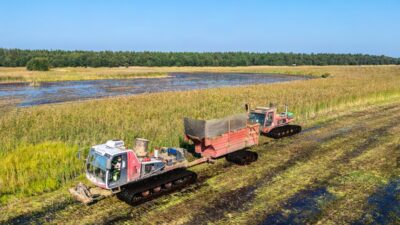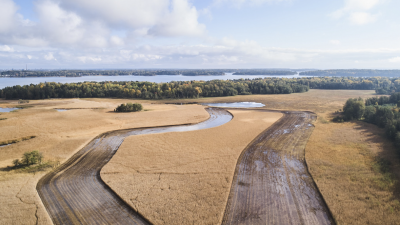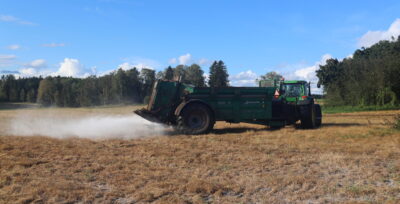BalticReed
Coastal reed binds a lot of the nutrients that eutrophicate the Baltic Sea. By harvesting and collecting reed, nutrients can be removed from coastal waters in a way that also produces climate-friendly raw materials for many purposes. In the BalticReed project, we will boost reed harvesting and develop reed-based business activities with partners in Finland, the Åland Islands and Sweden.
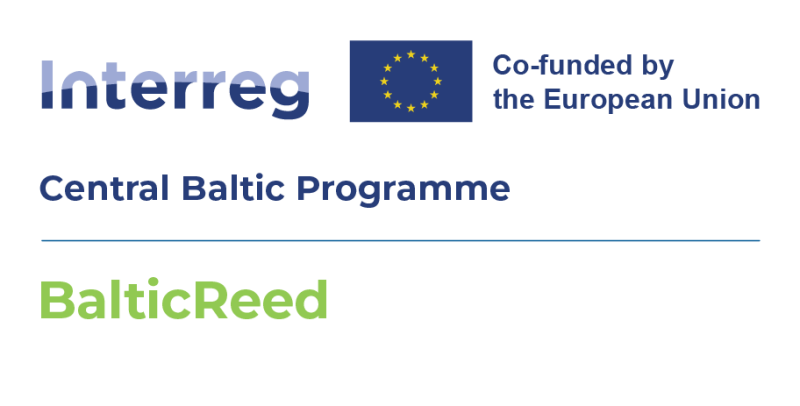
Contact information:
What is common reed and how does harvesting it help the Baltic Sea?
- The Common Reed (Phragmites australis) is a well-known species of grass that thrives along both Baltic Sea coastlines and lakeshores. However, the eutrophication of Baltic Sea coastlines and a decrease in coastal grazing have accelerated reed bed growth. In many shallow marine bays, reed has covered all other vegetation in areas of tens – or even hundreds – of hectares.
- Coastal reed binds a lot of the nutrients that eutrophicate the Baltic Sea, such as phosphorus. By harvesting reed, we can remove nutrients from eutrophicated shorelines and prevent them from eutrophicating the Baltic Sea.
- By opening up these impenetrable reed beds, we will also increase the recreational potential of shorelines and bring back our traditional landscapes.
- Reed is extremely versatile and can be used in many things from substrates to building materials. By utilising reed, we can recycle nutrients, reduce greenhouse gas emissions, and support local entrepreneurship.
International cooperation will boost reed utilisation
The BalticReed project will harvest reed in 12 areas along coastlines in mainland Finland, the Åland Islands and Sweden. It will also organise training and workshops for companies interested in harvesting and utilising reeds.
Through close cooperation with industry operators and stakeholders, the project is aiming to remove any bottlenecks in reed utilisation, such as in logistics. The project will be encouraging companies to develop a variety of products from reeds, as they are still an underutilised material.
Summer harvested reed has, for example, been used in Finland as agricultural soil improvers and as a raw materials for substrates. However, harvesting reed is quite a laborious – and therefore expensive – task. In order for the reed value chain to be economically viable, we need to find higher value-added uses for them. The BalticReed project will be organising training and workshops for existing and future harvesting entrepreneurs and other companies that have ideas for utilising reed.
In Estonia, the use of reeds is already established in a range of consumer products, such as roofs and building boards. The project will therefore arrange joint field trips to Estonia for Finnish, Swedish and Åland operators. Workshops will also be organised for municipalities and other coastal reed bed landowners.
The Foundation’s partners in the project are the ELY Centre for Southwest Finland, Arcada University of Applied Sciences, the Government of Åland, the County Administrative Board of Östergötland, and Race for the Baltic. The project is being funded by the EU’s INTERREG Central Baltic programme, which finances cross-border cooperation projects to improve the state of coastal and marine environment.
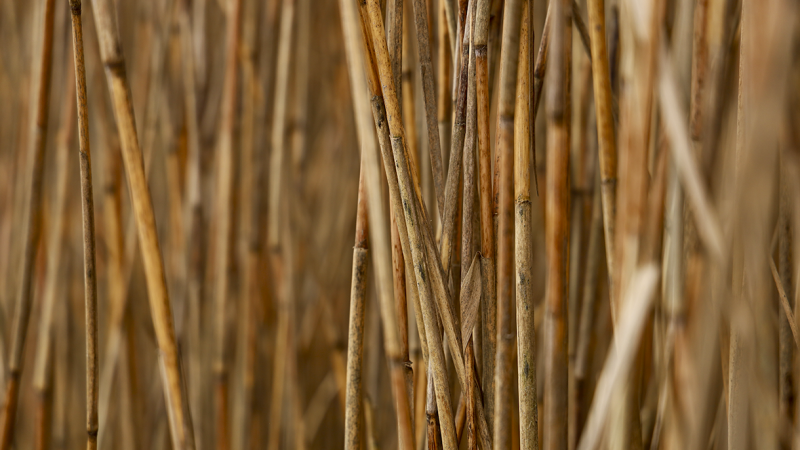
Are you interested in reed utilisation or business development? Contact us!
The majority of mowed reed is currently left in place to decompose near the shore, either as such or after being crushed. The nutrients contained in this reed will then gradually drain back into the water.
Reed holds a great deal of untapped potential. The project is looking for entrepreneurs who would be keen on collaborating to develop a logistics chain that would make cost-effective use of reeds.
Logistics would be much smoother if an entrepreneur could handle the harvesting and transport of the reeds to the processor. Costs would also decrease, and it would be easier to get the reeds on the market.
Do you have any ideas or interest in reed utilisation or business development? We’d love to hear from you! Contact our project manager, Sonja Jaari.
In cooperation with

